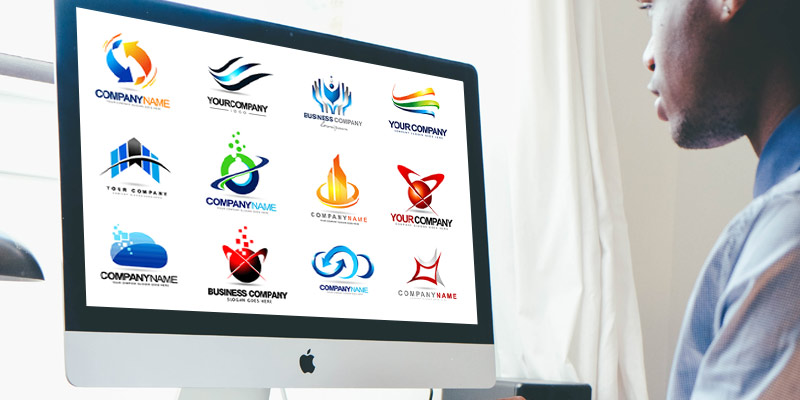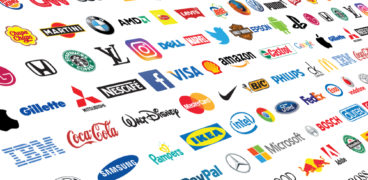why branding matters for small businesses & charities

Have you ever wondered why some small businesses and charities spend so much energy on branding?
Brands are everywhere – with big brands becoming more and more sophisticated and smaller enterprises not wanting to be left behind. The benefits of creating and developing a clearly-identifiable brand (and all that follows, including brand values, guidelines and strategy) are huge, as we’ll explain…
branding – is it really worth it?
Branding is clearly crucial in the world of e-commerce and consumer products as today’s marketplace is highly competitive. Once one product is re-branded or promoted, then all the others have to do something similar (or better) to keep up. Brands that are not nurtured in this way fall out of favour and disappear – just try to find a bottle of the once all-pervasive Wash and Go shampoo in your local supermarket! It would be hard to argue against the idea that consumer brands influence buying decisions, but does branding really affect small business or charity donation decisions?
what is branding?
What is branding – apart from a logo, some corporate colours and a slogan? The crucial thing to understand about branding is that although it is indeed conveyed by the use of colour, slogans and logo, it’s actually more about what resides in the mind of the user or consumer.
The Wikipedia entry on brand management defines branding as “a fulfilment in customer expectations and consistent customer satisfaction”. So although the visible aspects of brands can be found on marketing materials and packaging, the brand itself is really a customer concept – and this can be maintained, improved or even destroyed.
the long term benefits of branding
The real benefit of branding, if done correctly, is that it makes all aspects of marketing, sales and fundraising easier in the long run. Once you have a recognisable brand that is consistent across channels and focused on your unique business or charity, everything else falls into place.
Your audience will recognise your brand, so you won’t need to spend as much on advertising. Your users will identify with your product or service and actively seek you out. You’ll be able to spend less time convincing users of your good qualities and more time engaging with them. Just think of Coke – probably one of the most recognisable brands in the world. Do they ever need to spend time explaining what the drink is or why you should purchase it? They focus their energy on the experience of the drink and on creating a fun-loving community around it.
Branding also makes it easier to run your business or charity internally. The brand identity dictates the way you handle different situations and the way you present your organisation externally. Your branding will steer decisions on imagery and messages used in marketing campaigns. It will shape how you handle sales or fundraising. Your brand makes it easier for your team to know what is expected of them and ensures consistency in your dealings with customers and stakeholders.
how should a small business or charity approach branding?
The truth is that branding doesn’t need to cost the earth. It’s all about building an initial strategy and then paying attention to detail. The most important thing is deciding on your USP (unique selling proposition). What is it that your organisation does better than the competition, which is relevant to your target audience? Your brand identity, style and look and feel will be built on this initial foundation.
Broadly speaking, branding should include:
- Defining your brand – including your brand’s vision, mission, personality, tone of voice and style.
- Creating brand guidelines – how should your brand be displayed/represented?
- Promoting your brand – so it becomes recognisable and memorable to users.
- Ensuring consistency and credibility – every mention of your brand should use the same imagery and message, and be trustworthy.
You have the best knowledge of your product/service and your user audience, but you may need some external assistance to help structure your thought processes around branding and provide support with design elements.
Simply by spending time thinking about branding, you are starting to invest in the concept. Whatever you decided to do from here, investing in your brand is a long-term game, and you are guaranteed to reap the benefits down the line.





